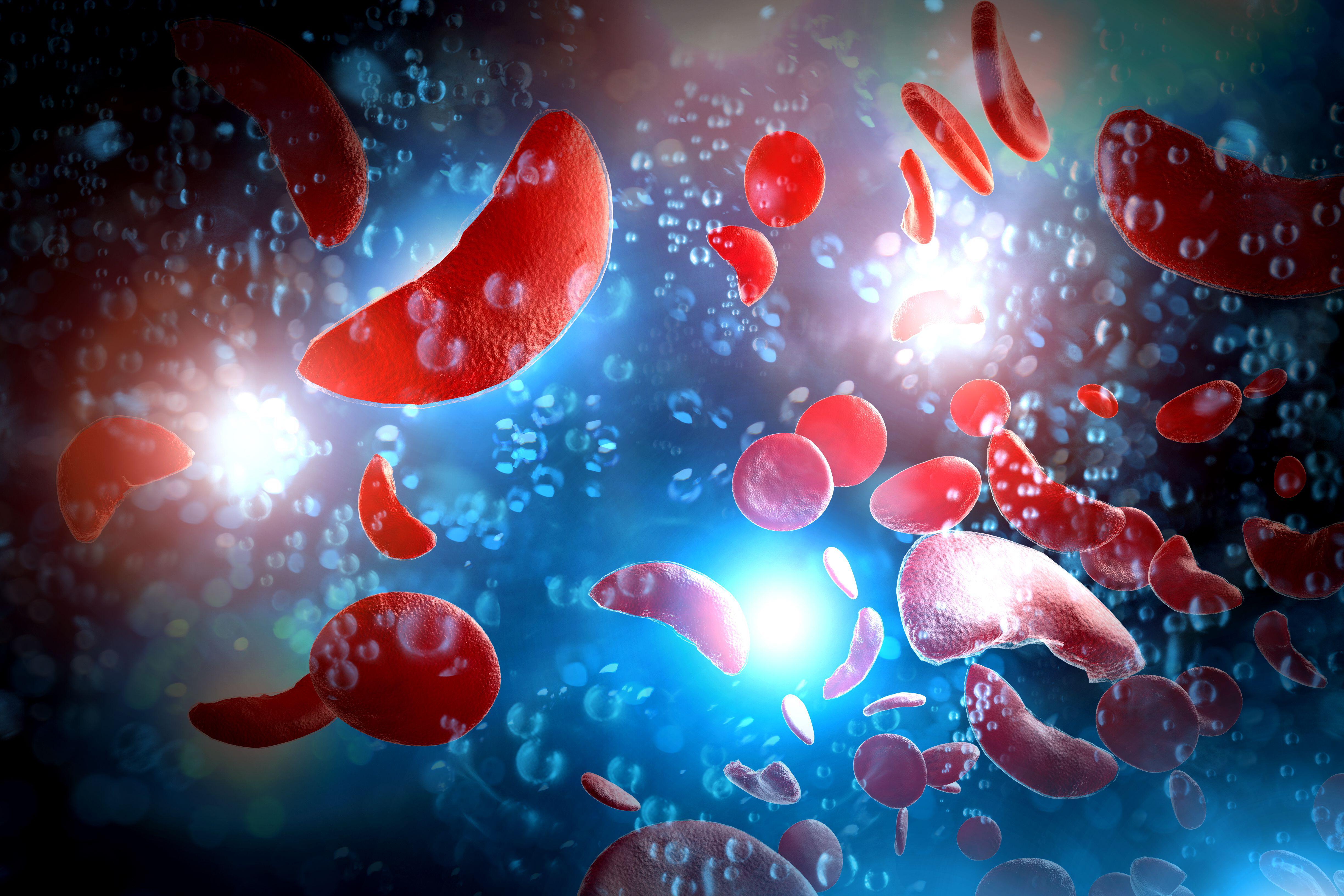‘Transformative’ sickle cell treatment approved for NHS use
There are around 17,500 people living with sickle cell disease in the UK.

Around 4,000 people with sickle cell disease in England could benefit from a “life-changing” new treatment after it was given the green light for use in the NHS.
Health leaders said that voxelotor, also known as oxbryta and made by Pfizer, will significantly improve quality of life for patients with the condition.
People with sickle cell disease produce unusually shaped red blood cells which can cause problems because the blood cells do not survive long as healthy blood cells and can block blood vessels.
The drug works by helping haemoglobin (a protein in red blood cells) hold on to more oxygen and prevents red blood cells from becoming misshapen.
It was initially rejected for widespread NHS use but the National Institute for Health and Care Excellence (Nice) has approved the drug in final draft guidance after a reduction in its price.
The Sickle Cell Society welcomed the news, saying the drug has “transformed” the lives of people with the condition with improvements found in both physical and mental health.
Patients have told the society that the drug has helped to reduce pain and improve emergency levels.

John James, chief executive of the Sickle Cell Society, said: “Today’s approval by Nice marks a significant milestone in sickle cell care, addressing decades of limited access to disease-modifying treatments.
“Users of voxelotor have shared with us remarkable stories of improved quality of life, reduced pain and substantial increases in energy levels. This has allowed them to work, connect with friends and family, improve their physical and mental health – and generally achieve a quality of life the rest of us often take for granted.
“We have seen decades of underinvestment in better care and safe effective treatments for sickle cell.
“We look forward to this being the first in a series of new treatment options for people living with sickle cell disorder.”
Helen Knight, director of medicines evaluation at Nice, said: “This is great news for people with sickle cell disease, particularly given the health inequalities experienced by people with the condition.”
The drug, which is taken as a once-a-day tablet, will be available straight away.
Amanda Pritchard, chief executive of NHS England, said the service had “worked hard to make this life-changing treatment available”, adding: “Sickle cell disease can have a huge impact on people’s lives, and this is one of the biggest breakthroughs in treatment in recent decades, so I know how much this announcement will mean for thousands of people across the country.”
Susan Rienow, country president for Pfizer UK, said: “We have remained committed to ensuring this treatment would reach eligible patients and we fully recognise the significance of this milestone for the sickle cell community.”
Commenting on the announcement, health minister Andrew Stephenson said: “This is hugely welcome news that will help tackle longstanding health inequalities experienced by this community.”
There are around 17,500 people living with sickle cell disease in the UK and the condition is more common among people with an African or Caribbean family background.





